Cultural Context: Attitudes Toward Women in the Elite Circles of the UAE
Arab society has long been shaped by deep Islamic traditions, where a woman’s role was traditionally confined within family and social boundaries. However, in recent decades, especially in the UAE, these perspectives have begun to shift due to globalization, modernization, and changes in the economic structure.
Women in elite circles are no longer seen merely as family symbols. They are active participants in business and cultural life, reflecting the sheikhs’ growing preference for self-sufficient, intellectually developed companions. This shift is not about rejecting tradition, but adapting it to modern times.
Global trends such as Western education, access to information, and communication on international platforms are encouraging the Arab elite to reconsider the role of women. Cultural differences are increasingly viewed as enriching, not divisive.
Additionally, elite circles in the UAE are where tradition meets modernity. A woman who respects Islamic values but can also adapt to a secular lifestyle appears especially harmonious. Her image earns admiration from older generations and piques the interest of the youth.
In a society where religious values form the foundation of the social structure, it is essential that a woman understands the boundaries of acceptable behavior. She must know when freedom is appropriate and when restraint is necessary—an indicator of maturity and cultural sensitivity.
Women in the UAE, particularly among the elite, embody a blend of tradition and modernity. Their image represents not just cultural ideals, but also moral, familial, and intellectual values.
Preserving family dignity is of utmost importance. A socially brilliant woman represents more than herself—she reflects her family, lineage, elders, children, and household. This makes upbringing, demeanor, and social boundaries crucial.
Arab society, especially its elite, increasingly values women who can balance the roles of intellectual, socialite, and mother. She may not be a beauty queen, but she is an indispensable figure in the social dynamic of elite gatherings.
Expectations around social work remain relevant. Supporting national and international projects, understanding traditions and regional cultural specifics allow women to become cultural ambassadors for the UAE abroad.
Thus, the role of women in the UAE’s elite is not about being the “prettiest face.” It’s about being an intelligent and cultured lady. While elite preferences may evolve, these are not superficial shifts—they reflect deeper civic demands, including those from women themselves.
Appearance and Style: Aesthetic Preferences of Wealthy Arabs
For sheikhs, appearance matters, but it’s not the only factor. In elite circles, overall impression counts more—a blend of style, elegance, and grooming. Sheikhs typically prefer women with refined beauty, Middle Eastern features, soft contours, and expressive eyes.
Self-care is crucial: flawless skin, neat hair, and sophisticated makeup. However, natural beauty remains a priority. Makeup is used to enhance features, not drastically alter appearance.
Clothing should highlight status while maintaining modesty. Modesty in attire is not a limitation but a cultural marker, reflecting respect for Islamic traditions and Arab etiquette. Women who understand this appear especially attractive to the Arab elite.
In addition to natural beauty and a neat appearance, attention to detail is key. Clean nails, fragrance, and jewelry choices speak volumes about taste and self-presentation. Those who strike a balance between luxury and modesty earn special appreciation.
Equally important is how a woman carries herself. Confident posture, graceful movement, and calm speech all contribute to the image of a poised and refined lady. Even the most expensive outfit loses impact without dignified behavior and inner harmony.
Sheikhs’ preferences are often shaped by Western fashion, but always with Arab values in mind. Women who can integrate modern trends into traditional dress codes are seen as stylish and intelligent.
Natural presentation is important for Arabs. This applies to both looks and behavior. Showiness, excessive makeup, or forced personas are not appreciated. A woman who can control her image with taste is seen as refined.
Self-care is viewed as self-respect and respect for others. Anyone can look good right after a salon visit, but maintaining that appearance takes discipline—healthy eating, nurturing hair and nails, fitness—all show self-love, family pride, and readiness for a prince.
A woman shouldn’t look like “life has drained her.” She must distinguish between a social event and a family breakfast. The ideal woman shows up at a stable in jeans and two hours later attends dinner dressed as if straight from a London gala. This reflects the nuanced style admired by sheikhs: moment awareness, minimalism, and quiet luxury appreciated by emotionally attuned individuals.
Education and Intellect: The Importance of Intellectual Development
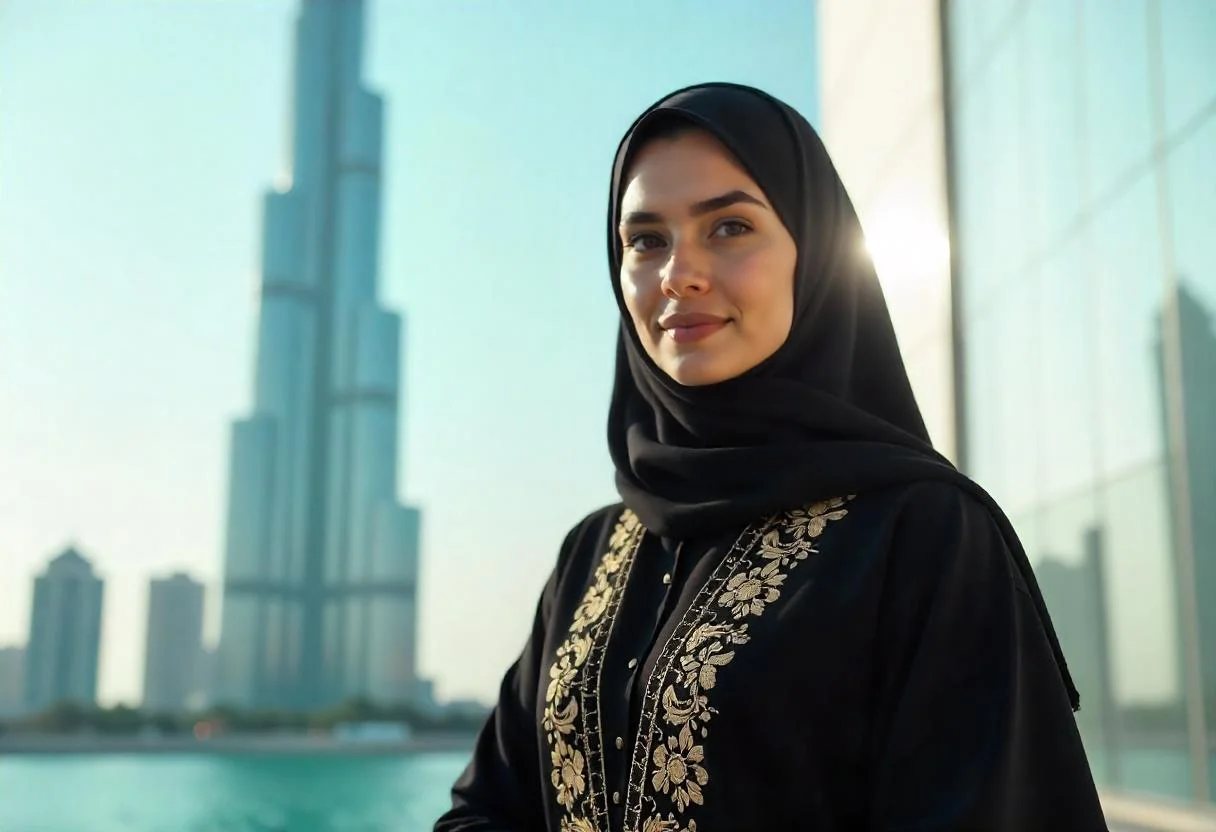
The modern Arab elite places high importance on education. Women for sheikhs often hold university degrees, speak English and Arabic fluently, and are well-versed in international affairs.
Intellectual development goes beyond a diploma. It includes the ability to hold meaningful conversations, understand cultural nuances, and be an engaging companion. These traits elevate a woman’s status in the eyes of sheikhs and unlock numerous opportunities.
Academic credentials and language proficiency, particularly in Arabic, allow women to participate in public discourse, engage in philanthropy, and attend social events—further enhancing their appeal.
Sheikhs value women who can adapt to fast-changing environments and actively engage in business, cultural, and political dialogue. This requires broad knowledge and confidence built over years.
A key strength is the ability to engage in intellectual dialogue as an equal—without belittling or accusing. Mature, independent women with such communication skills leave a strong positive impression on the Arab elite.
Women usually know diplomatic protocol and business etiquette. They can engage in conversation respectfully, maintain boundaries, and express interest and friendliness. This allows them to be invited to elite events like dinners, charity galas, or yacht club gatherings.
Ladies who engage with the Arab elite on private yachts typically have strong knowledge of current international affairs. They analyze events and hold their own in passionate discussions among elite regulars.
Etiquette and Manners: Behavioral Aspects of Attractiveness
Social manners, diplomacy, and adherence to international and business protocol are part of the criteria for choosing companions. A woman’s behavior in society—her manners, voice, gestures, and ability to maintain distance in public settings—are key indicators of attractiveness to the Arab elite.
Manners are not just about upbringing but also about respect for the host culture. A woman who confidently follows Arabic etiquette not only garners affection but also trust. These traits are vital in the public and social spheres.
Even voice tone and speech timbre can play a role: overly loud or pushy communication is seen as disrespectful. Thus, diplomacy and restraint form the foundation of success for women seeking proximity to the Arab elite.
Another aspect of attractiveness is adaptability—being able to shift one’s communication style to fit the context. Sheikhs and billionaire heirs continue to pursue women who listen to and value men’s opinions and respond calmly to stressful situations.
Finally, etiquette extends beyond posture or sitting correctly. It includes proper conduct at high-level receptions and private meetings. With such finesse, one earns the trust of sheikhs and any disagreements become no more than harmless charm, for which only the issue—not the person—is held accountable.
Family Values and Personal Qualities: What Matters for the Long Term
Women seeking serious relationships with sheikhs must share family values and be prepared for life in Dubai society. The ability to adapt to new norms, keep family secrets, respect elders, and remain faithful are essential qualities valued in the long run.
Traits like patience, kindness, and self-improvement are particularly important. A woman who supports her husband in business, understands him in tough situations, and balances personal and public life is a prized partner in the eyes of the Arab elite.
Family values are deeply rooted in Arab society. Thus, women who respect religion, culture, and household norms are seen as worthy life partners—not just temporary beauties.
In addition to family commitment, daily moral qualities are crucial: honesty, forgiveness, caring for loved ones, and a strong sense of justice. A woman with these traits earns trust and respect in both family and public circles.
If you aspire to be with someone from the Arab elite, start by showing loyalty in all aspects of life. To sheikhs, confidentiality means keeping family matters private. A woman who gossips or overshares cannot expect to be accepted into UAE high society or respected by Arab men.
Devotion also means a woman works for her family’s well-being—raising children, helping others, and supporting her husband’s good causes. A woman who asks for nothing in return and creates a warm home is richly rewarded and treated as an equal in the sheikh’s household.
Most importantly, poise, upbringing, and dignity are the foundation for a place beside an Arab man—especially an elite one. Strong values and self-respect, even when dealing with a sheikh’s whims, shape a woman of noble character both inside and out.
Cultural Awareness: Understanding Local Norms and Traditions

Knowledge of local laws, Islam, and Arabic etiquette is highly valued. Women who possess such understanding are perceived by sheikhs as serious individuals worthy of trust.
Interest in culture, history, and current affairs in the UAE shows deep respect for the host country. Such women connect more easily with members of the elite.
Cultural awareness combines openness and respect. In luxurious settings and social events, politeness, empathy, and sensitivity are warmly welcomed.
Sheikhs and high society men particularly respect women who honor Islamic traditions—from conversation etiquette to appropriate discussion topics. This isn’t about conformity—it’s about maturity and deep respect, which sets such women apart from those who ignore cultural norms.
Knowing and applying the nuances of Arabic etiquette prevents social missteps. For instance, not understanding greetings or polite refusals can damage a woman’s social reputation among locals.
It is also essential to be aware of UAE’s key holidays, cultural, and religious events. Participation and curiosity at social gatherings help distinguish a woman from others and open doors to prestige and charity circles.
A culturally refined woman fosters a better communication environment with people of different backgrounds—a critical trait in the UAE’s multicultural setting. This makes her appealing not just to the Arab elite but also to global companies.
Openness to learning and adapting is vital. For women not born into Arab culture, active engagement and curiosity reflect flexibility—an attribute highly respected by the upper class.
The elite value not just cultural knowledge but also everyday grace. This is evident in how a woman communicates, makes delicate choices, and even selects meaningful gifts, showing sensitivity and wisdom in all situations.
Cultural awareness is the ability to elevate others, rather than becoming the topic of gossip. Women who demonstrate this awareness rise through the elite ranks.
It’s akin to being granted access to the grandest social stage. A woman knowledgeable in Emirati history and culture can circulate among all tiers of elite—from beach clubs to galas and high-society networks.
In fact, a woman who expresses cultural nuance in her gestures and speech earns admiration from tastemakers and power players. Her grace underscores her value in the eyes of the elite’s most influential members.
Breaking Stereotypes: What Doesn't Match Reality
There are numerous Western stereotypes about what sheikhs prefer in women. Many believe that women must be young, model-like beauties. The same generalization is often applied to all wealthy Arab men.
In reality, Arab preferences and behavior are shaped by many factors—from upbringing and social class to education and professional responsibilities.
Western assumptions and the truth are often at odds. To truly understand what kind of women Arabs admire, one must go beyond popular beliefs.
Western stereotypes frequently portray Emirati women as submissive and quiet. But the new generation of Arab millennials—many of whom benefit from oil wealth—appreciates women with distinct looks, strong personalities, and the ability to protect their personal space.
Another misconception is that sheikhs only prefer women from the East. In the past, they often chose women from their own or neighboring Arab countries. Today, diversity is more accepted and even welcomed.
Western media also suggests that women for sheikhs must be draped in luxury and shadowed by bodyguards in designer boutiques. This image doesn’t reflect the full reality.
While some elite preferences remain traditional, many favor a blend: modern, independent women who also respect Islamic values. This combination garners admiration and affection.
In chasing beauty standards from magazines, many women forget the importance of inner qualities. Sheikhs value sincerity, independence, modesty, and cultural sensitivity—traits seen as enriching additions to outer beauty or depth of character.
Experience shows that being true to yourself—rather than fitting a mold—brings ease in navigating elite circles. Over time, individuality becomes just as attractive as conventionally beautiful features, especially when paired with inner wisdom.







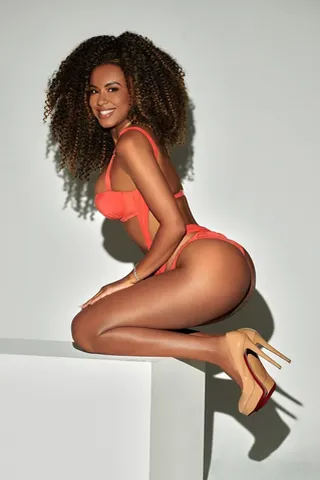

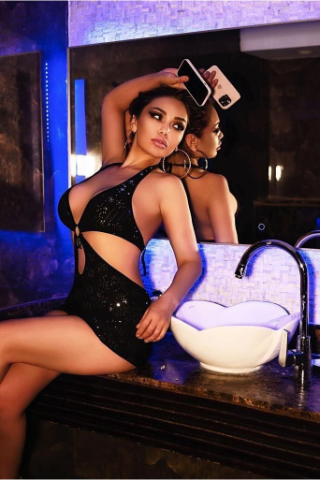

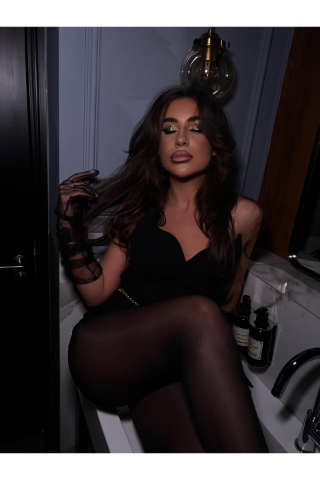



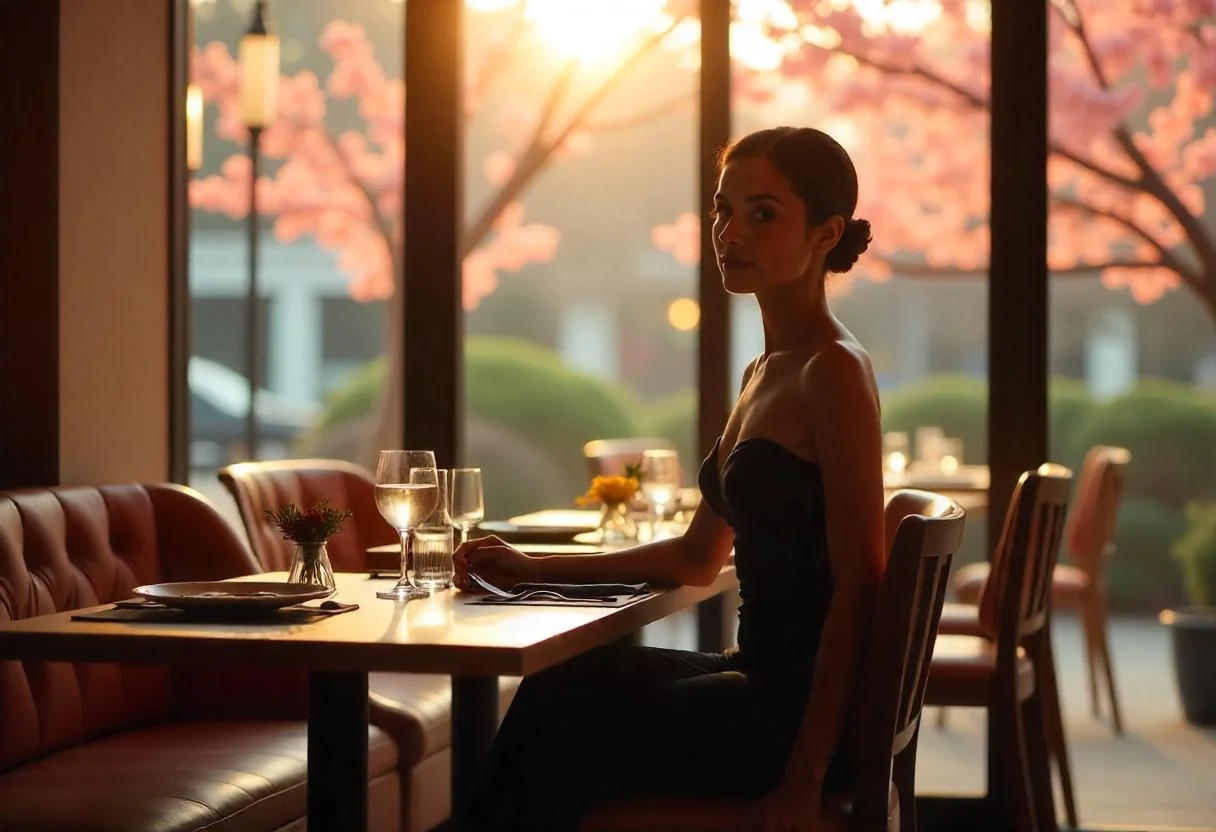

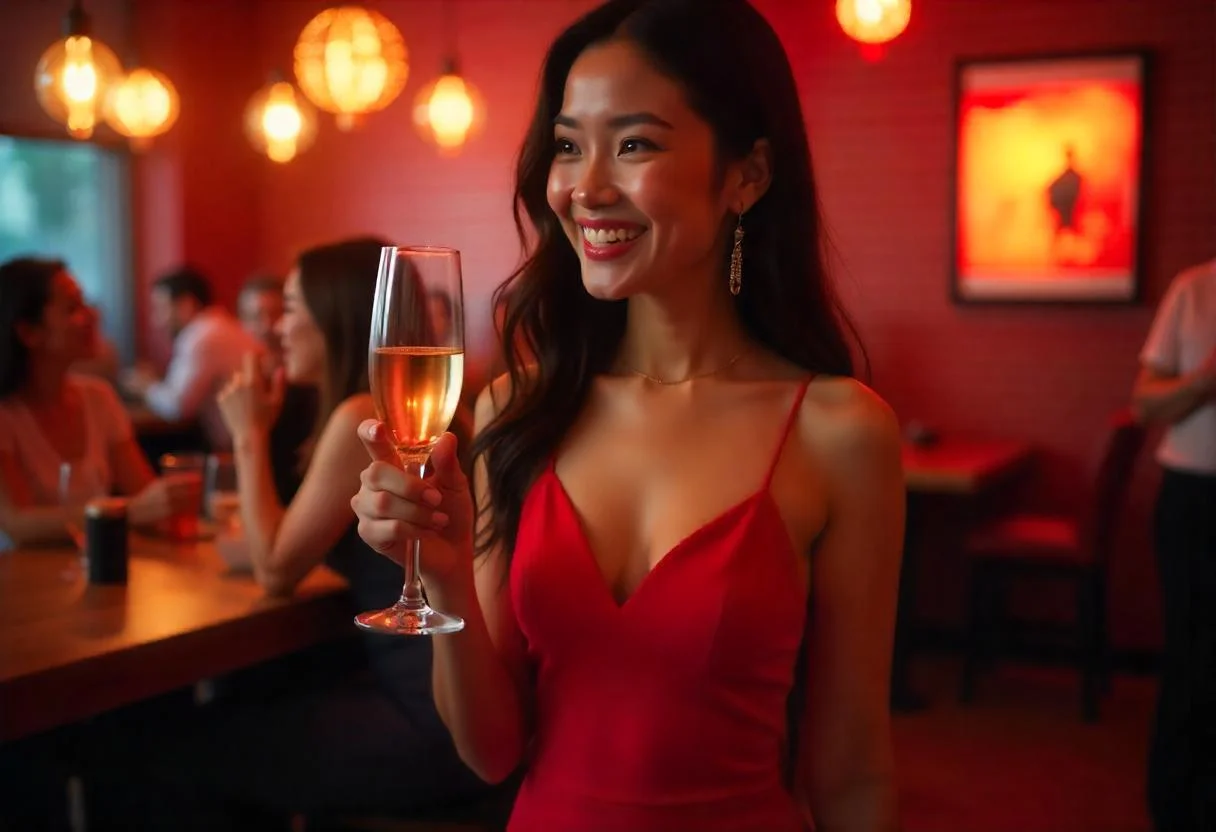
Be first who discus this blog